Related
Summary
The Prince of Egypt : The Musicalis a stage adaptation of the 1998DreamWorksclassic film . The film , which recounted the story of Moses and the book of Exodus , was DreamWorks ’ secondly animated feature and serve establish the studio apartment as a serious contender in the outer space . The show premier in 2017 , and eventually made its way to London ’s West ending in 2020 . While the show closed in January of 2022,The Prince of Egypt : The Musicalwas filmed as a movie and is uncommitted to grease one’s palms and rent on digital political program start December 5th good manners of Universal Pictures Home Entertainment .
The Prince of Egypt : The Musicalbenefitted from a creative squad that carried over from the animated picture . Screenwriter Philip LaZebnik returned to write the book for the show , and legendary Broadway composer and lyrist Stephen Schwartz bring his musical power to bear , both in adapting songs from the liven motion-picture show and in creating stigma raw ones . Scwhartz ’s lean of contributions to the world of theatre is vast ; he previously publish the music for the mega - pip showWicked , and is also involved in theupcomingWickedmovie . Schwartz also wrote the music for Disney hits likeEnchantedand its sequel .
From the improbably high budget to the leg musical , here are 10 thing about the DreamWorks classic The Prince of Egypt that you probably missed .
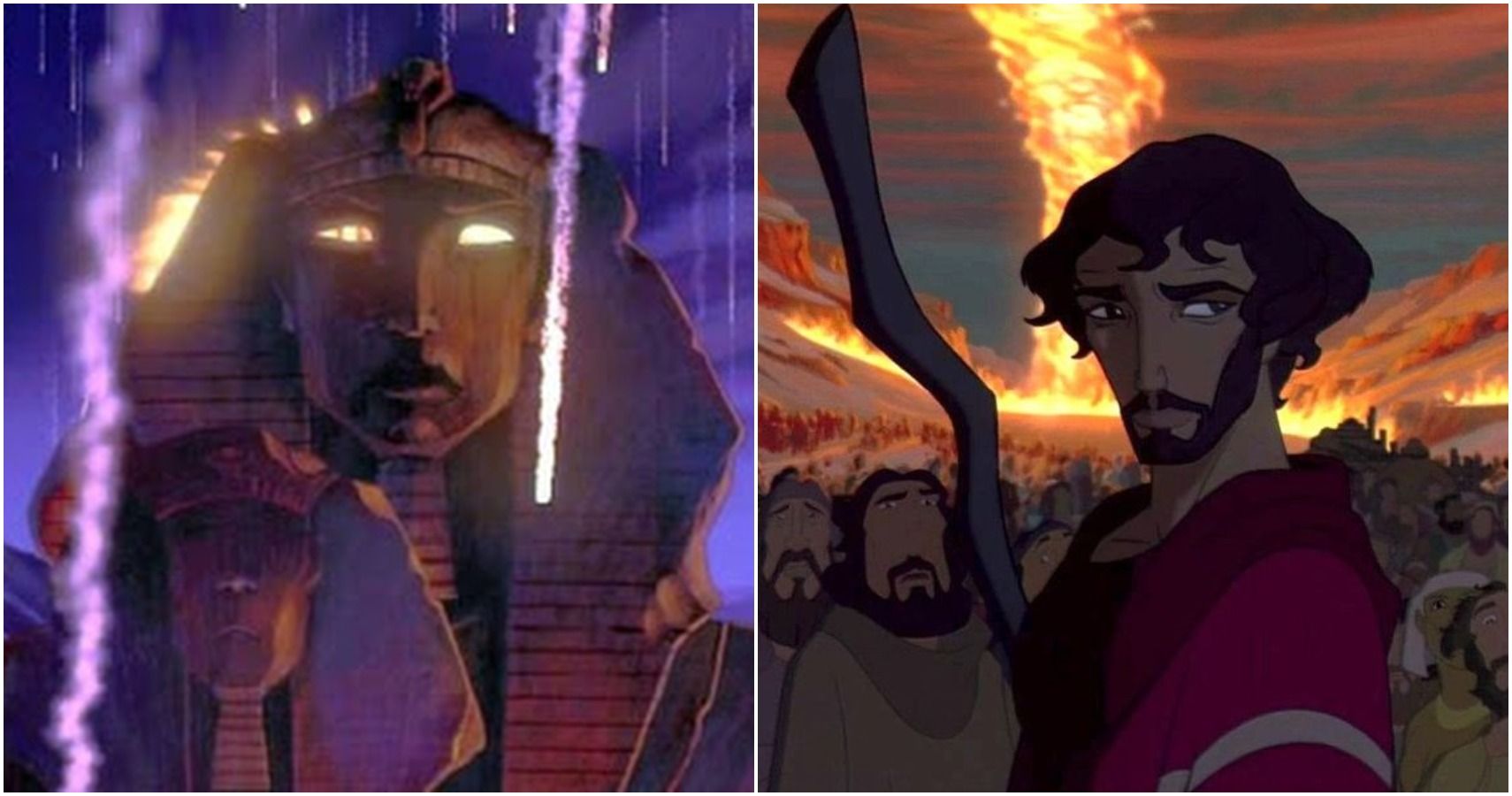
Stephen Schwartz spoke withScreen Rantabout taking a write up from animation to the theater , craft the right melodious theatre lyrics , and more . Note : This interview has been lightly edited for length and clarity .
Stephen Schwartz On The Prince Of Egypt: The Musical
Screen Rant : You ’ve adaptedThe Prince of Egyptfor the stage . You didDisenchantedlast yr , and you haveWickedcoming up next year . What is it corresponding to have spent this time expatiate upon globe you ’ve already create ?
Stephen Schwartz : I love picture , but I never expected to be “ in the picture show ” . I was always a theater guy ; that ’s what I project to do , until I was fortunate and Disney call [ saying ] that they needed someone to make out work in animation . That just started a whole other surface area of study that I could do , and it ’s just lease off from there .
It ’s really fun to work in picture show . It ’s a different procedure . [ In ] field , you just get all in the mud together and wander around , get your handwriting dirty , et cetera , and film is more dual-lane in full term of who does what . It ’s not as now collaborative – there are good things and less in effect things about that – but it ’s fun to do something different and play in dissimilar sandboxes .

On that collaborative nature , what was your involution in making indisputable the big rigid man moments from the animate film were translated as well as they could be to the stage ?
Stephen Schwartz : That was the end of everybody lick on the piece . Scott , the director , and the producer , et cetera , need to make certain that the large set piece , “ give up Us ” , “ When You Believe ” , and “ Through Heaven ’s Eyes ” were realized in effect on leg . Then , of course , we wanted to expand on those . There are Modern Song dynasty . Also , [ we were asking ] , “ How do you take something which – even in animation – has been depicted , very , very realistically , as film does , theatricalize it , and allow the audience ’s imagination to come into play ? ” I believe seek to solve that was a lot of what everybody worked on .
I see in an audience where you were lecture about how you lean into musical scale of measurement and cat’s-paw that were more appropriate to the region . Can you talk about the process of get a line about that , if you had to , or utilizing that in the musical ?
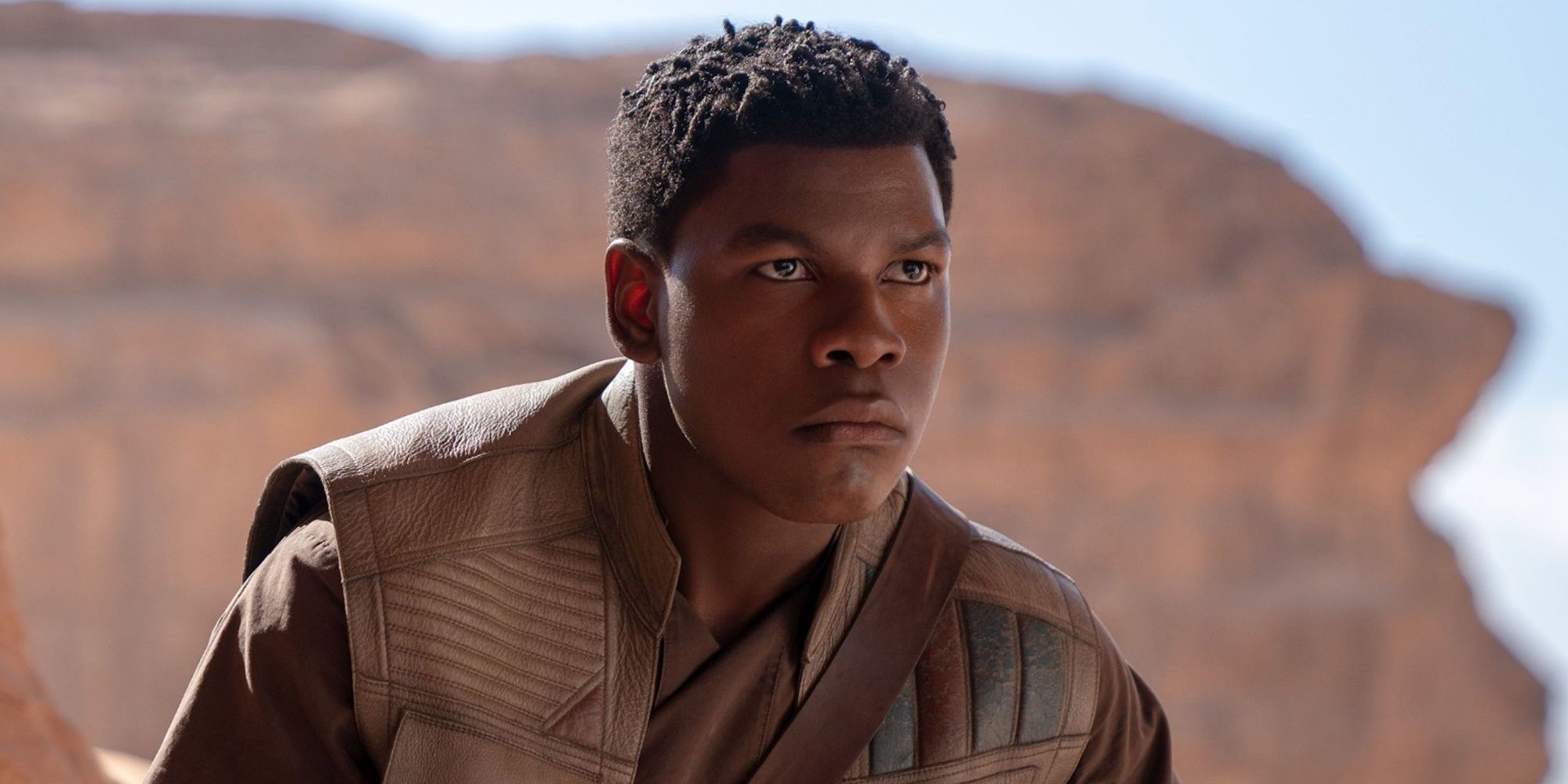
Stephen Schwartz : I unquestionably had to acquire about it , and I did a circle of inquiry when I was first writing the animate feature . I listened to a lot of recordings from the neighborhood , like Hebrew lullabies , family songs , and instrumental recording of oud and other instruments that are very specific . I found a recording that purported to be the medicine of the ancient Egyptian court ; how that was possible , I do n’t know , but it fathom authentic . I even listened to pop euphony that I buy on the streets of Cairo to hear how they used rhythm section within a popular linguistic context that might be different from what we knew in America .
I had all that enquiry , and then essay to utilize it in the composing for the pic , so when it came meter to do the stage show , I hold up back and hear to it again . Then , my orchestrator , August Eriksmoen , is especially safe at cultural authenticity in term of shows that he ’s done . He also did a raft of enquiry and learned how to play some of the guitar - corresponding instruments . We utilized them in the orchestra , which was one of the fun thing about doing this .
I was just watch over an old an in - studio apartment telecasting of Mariah Carey and Whitney Houston singing “ When You conceive ” . When you ’ve had work that ’s been execute by fable like that , does that colour in how either you or the mould approach it when it amount time to do it on leg ?
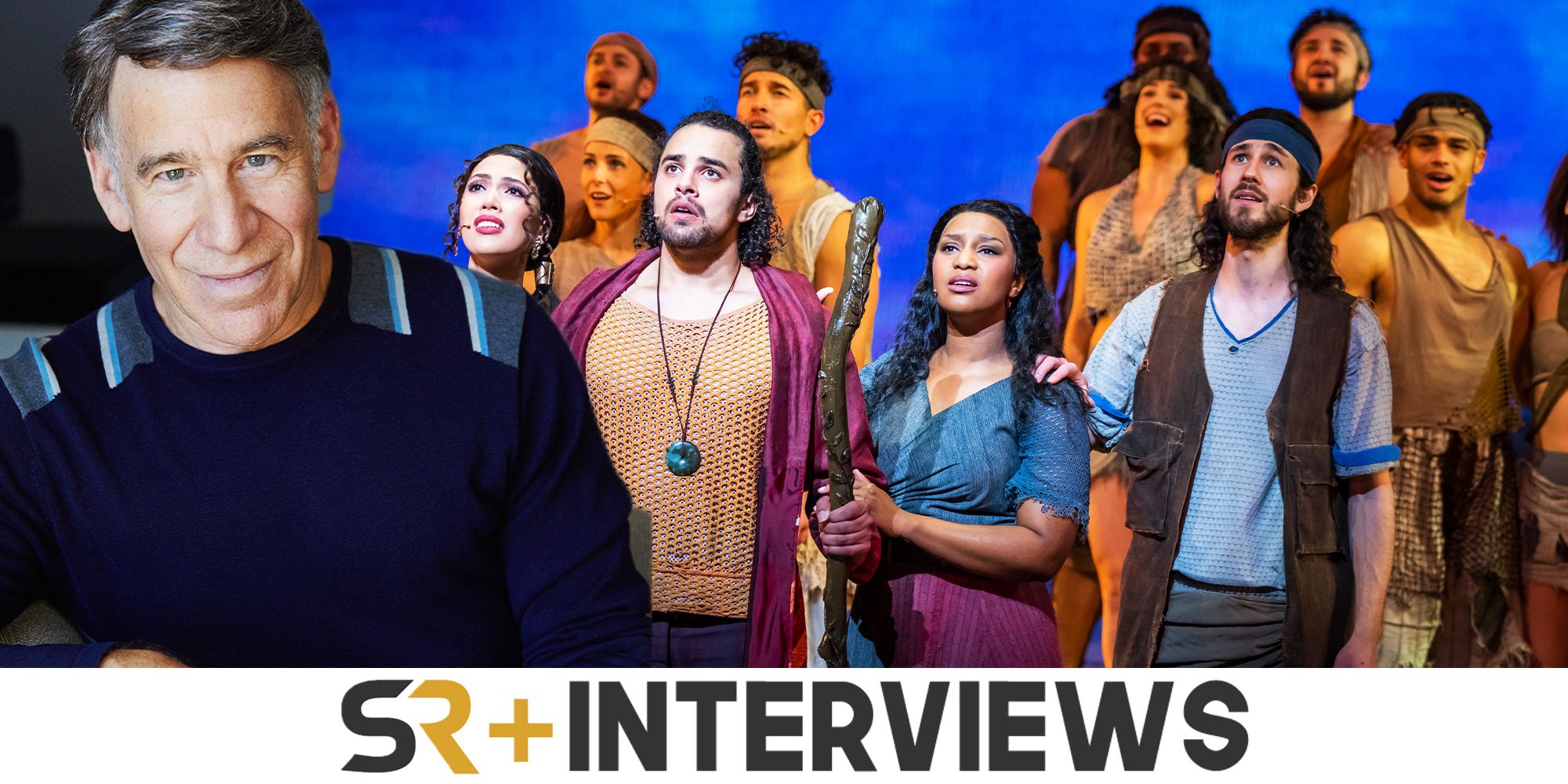
Stephen Schwartz : Of course . When we did “ When You Believe ” on stage , it was within the context of use of the show . It has the Hebrew Ashira section in the center , which does n’t exist in the pappa reading , and no one is doing crazy vocal Riff because it would be out of character . Obviously , there ’s an cognizance that this is the polish off song , but I think , in a mode , you just have to ignore that . Everybody has to experience like we ’re telling our story , we ’re staying in character , this is what ’s happening emotionally at this point in the story , and we just have to do that .
Did you have a character or a relationship that was the most exciting for you to expand on , transition from the film to the microscope stage ?
Stephen Schwartz : I would say two thing . The film was always conceive – from the consequence Steven Spielberg said this is what we should do – as a crony story . It was Steven who said that he require it recount as the narrative of these two young men who uprise up together , who love each other , two vernal man of perquisite , and then their destinies take them in the focussing where they become antagonist ; [ a ] ‘ can their beloved overcome that ? ’ variety of affair .
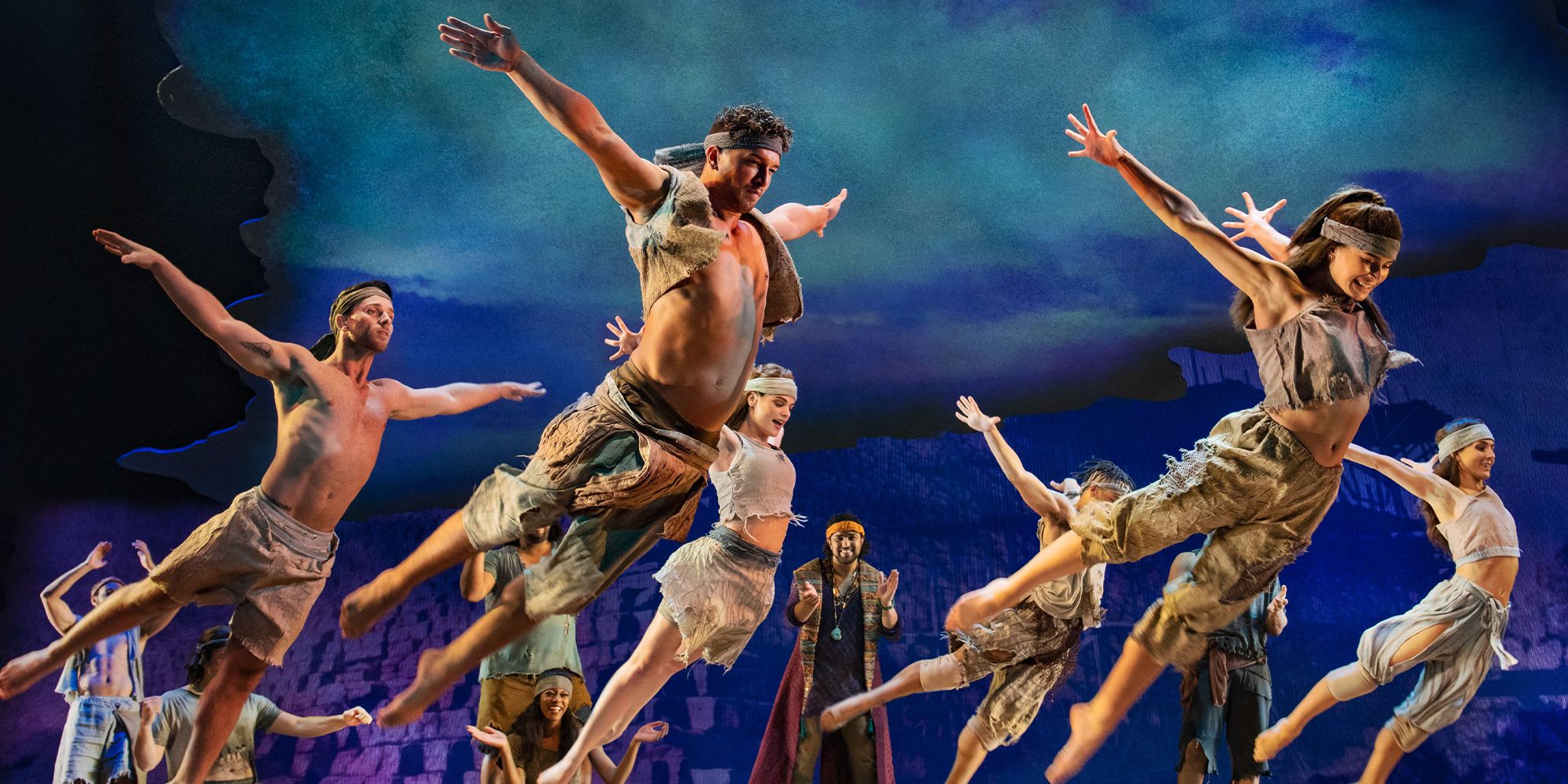
We tried to go deeper into that in the show and explore it in more complexness . As part of that , we added the persona of Nefertari , who was Ramses ’ betrothed and then his wife , [ who ] then ultimately becomes his real wife through the calamity that they feel together . I care the addition of that reference very much . First of all , I thought it help give more three - dimensionality to Ramses . Also , I ’m attracted , in any story , to characters where you meet them , you think you be intimate precisely who they are , and then , over the course of the story , you detect out that you were n’t looking deeply enough .
I ’ve been take the Stephen Sondheim books , Finishing the Hat —
Stephen Schwartz : Those are fantastic , those two Scripture .
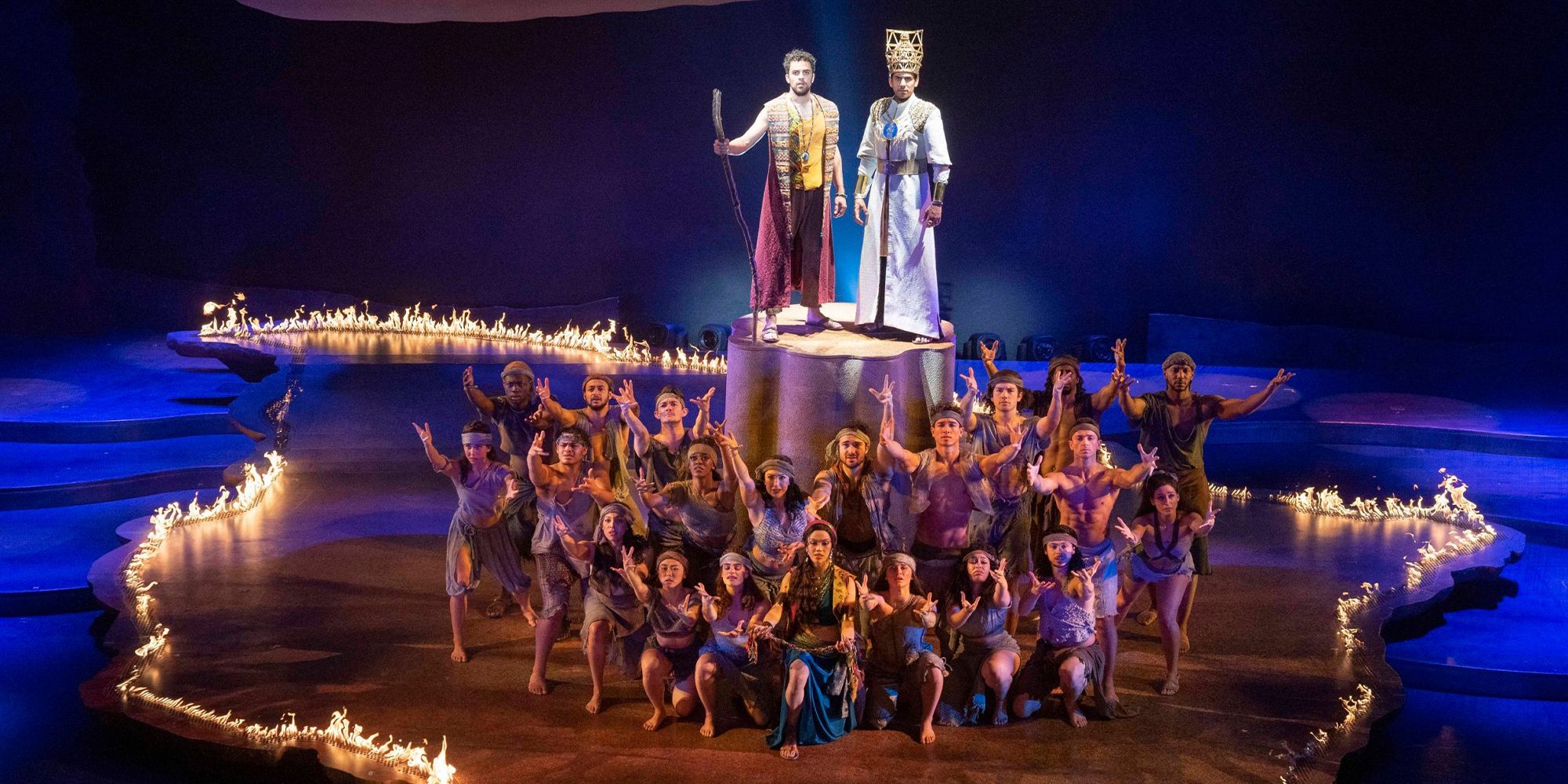
Yeah . He talks about “ America ” inWest Side Story , and about how certain words did n’t land , and it made me curious ; in writing new songs for this , and in all of your other work , is there something that makes a lyric successful in your eyes ?
Stephen Schwartz : Well , I will quote or reword a hatful of what Stephen Sondheim state , because one of the thing he manoeuvre out is that lyrics are get a line at the speed at which there are sung . It ’s not poetry ; you ’re not look on the page and have a luck to go back and reread a line . It just occur at you like speech , but it ’s harder to hear than lecture , and harder to understand . One of the jobs , I opine , of a lyricist – whether I ’m working to my own music or I ’m collaborating with someone like Alan Menken on his medicine – is to ensure that the interview can actually get wind the lyrics and absorb them at their stop number .
Also , in a strange means , lyrics want to remain out of the means of the euphony . The emotional substance is being carried by the music , not by the speech , so the lyric poem call for to support that , but not get in the direction of that . At least , that ’s sort of my approach to it . It ’s a real craftsmanship . In some path , pen medicine is an art because so much of it is instinctive and sort of below awareness , and lyric penning is very much a craft .
I have it off that distinction . In speak about adaptingThe Prince of Egyptfor the stage , you said you had to reimagine the recreate film . You ’ve done that now in contrary withWickedas well , in reimagining the stage for the screen . Is one harder than the other ?
Stephen Schwartz : I think it may be a little harder to go from screen to level because you have much more circumscribed resources . Figuring out how to use theatricality , how to make the audience ’s imagination your co - conspirator and your co - creator … [ field of operations ] really involves an inventive leap . I believe going the other way , in a way , is about restrict yourself , and not just bewilder every kitchen sink matter that you’re able to do in the film into it .
There are two thing that are crafty about doing melodic movies . I do n’t think it particularly pertains to Wicked because Wicked is in a fantasy world , but you have to get by how weird it is that the great unwashed are singing at all , which we completely assume on stage , and we wholly take an invigoration because you ’re already suspending your disbelief , but picture show are so literal that when a character break into birdcall , it ’s really eldritch . You have to sort of bring in the consultation ’s permission to tolerate you to do that , so I call back that ’s a bountiful thing to overcome .
Then , there ’s the fact that on stage , some of the most effective moments are [ when ] you put a tremendous singer in the middle of the stage , you hit him or her with three spotlights , and they babble for five minutes . It ’s tickle pink . [ You ] ca n’t do that in the picture . The camera has get to be moving and something ’s mother to be happening visually .
What would it take forThe Prince of Egypt : The Musicalto come to Broadway ?
Stephen Schwartz : Well , it ’s not really a question of come to Broadway . Of more importance to all of us , I remember , is having a show that can be licensed and done by different dramaturgy groups all over the humankind , nad all over the land . That was the goal in make a theatre version of it to begin with , and now we ’re at the compass point where licensing can commence to take position . Bringing your show to Broadway is an economic decision on the part of producers and investors that may or may not happen , but sharing the story and the show with people around the nation and around the world is , frankly , of more importance to all of us .
About The Prince Of Egypt: The Musical
Journey through the wonders of Ancient Egypt as two young valet de chambre , raised together as brothers in a kingdom of privilege , find themselves suddenly divided by a secret yesteryear . One must rule as Pharaoh , the other must arise up and free his true people ; both confront a fate that will change history constantly .
The Prince of Egypt : The Musicalwill be available on digital platform starting December 5th .